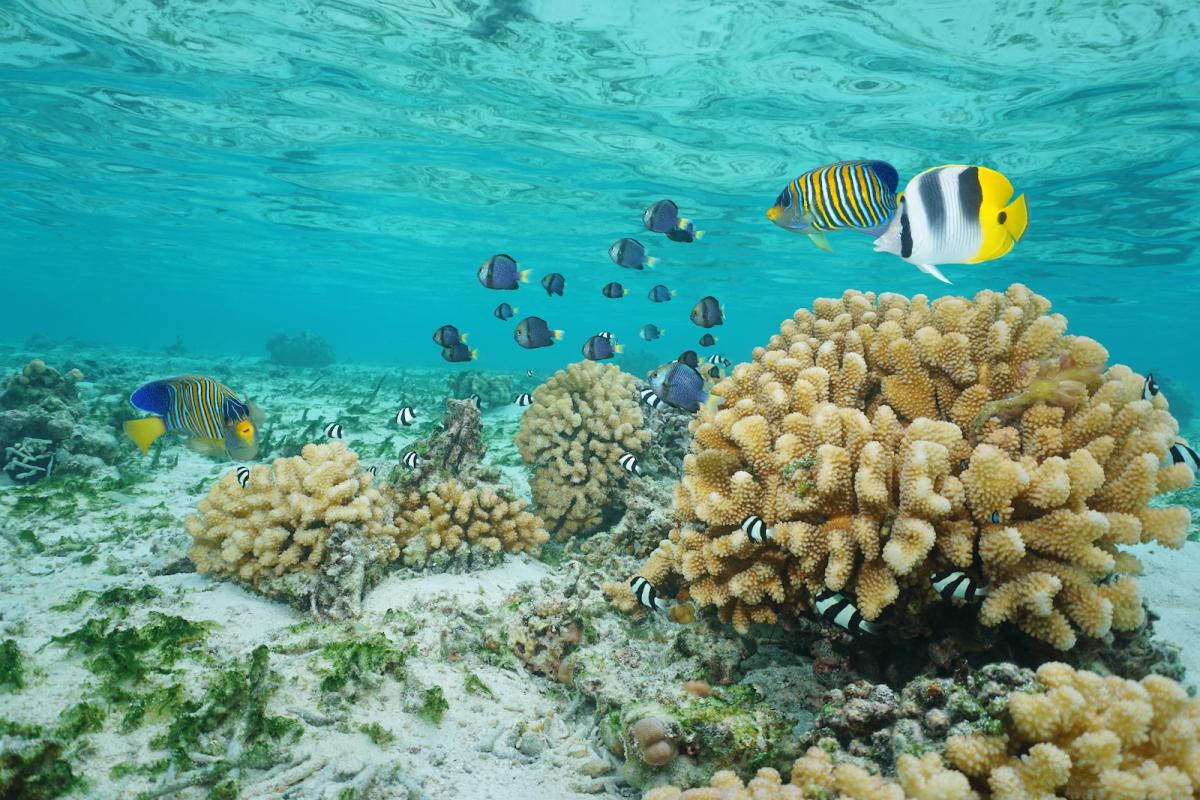This story was originally published by Hakai Magazine and is reproduced here as part of the Climate Desk collaboration.
At the beginning of 2019, mass bleaching devastated coral reefs around the French Polynesian island of Moorea, affecting more than 80 percent of Acropora coral in some areas. Just a few months later, marine biologists noticed that some of the bleached coral colonies seemed to have bounced back. By October 2019, they had regained their colorful algal symbionts and appeared completely healthy.
But as the adage goes, looks can be deceiving.
In a new paper, scientists led by Sarah Leinbach, a graduate student at Auburn University in Alabama, show that even though the bleached coral colonies had a seemingly miraculous superficial recovery, they had lower energy stores and were producing fewer eggs than their unbleached counterparts.
Corals bleach when they expel the symbiotic algae that live in their cells, which provide them with food. “They’re losing these minuscule food factories that live in their tissues,” explains Leinbach. This forces the corals to draw from their energy stores t... Read more
